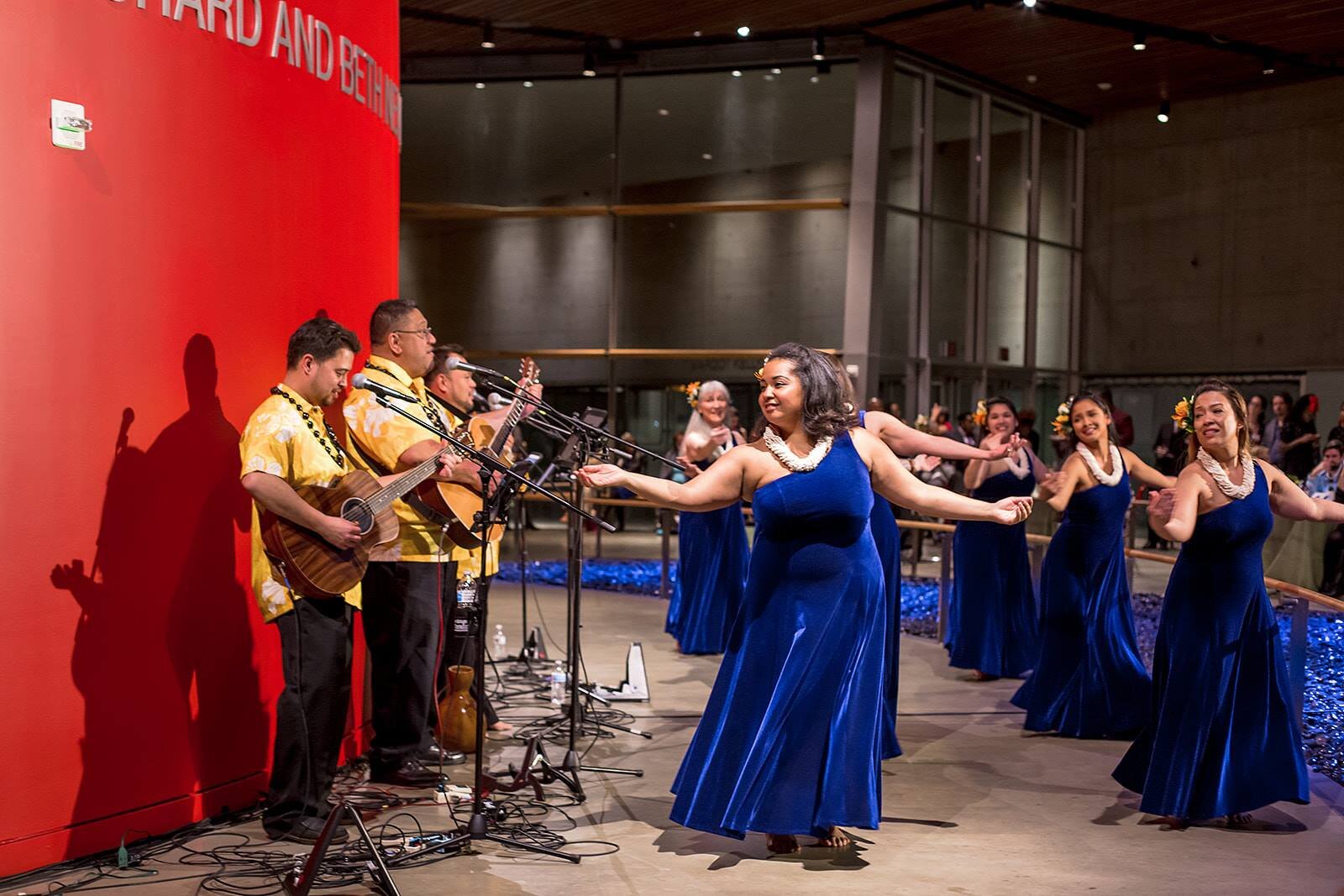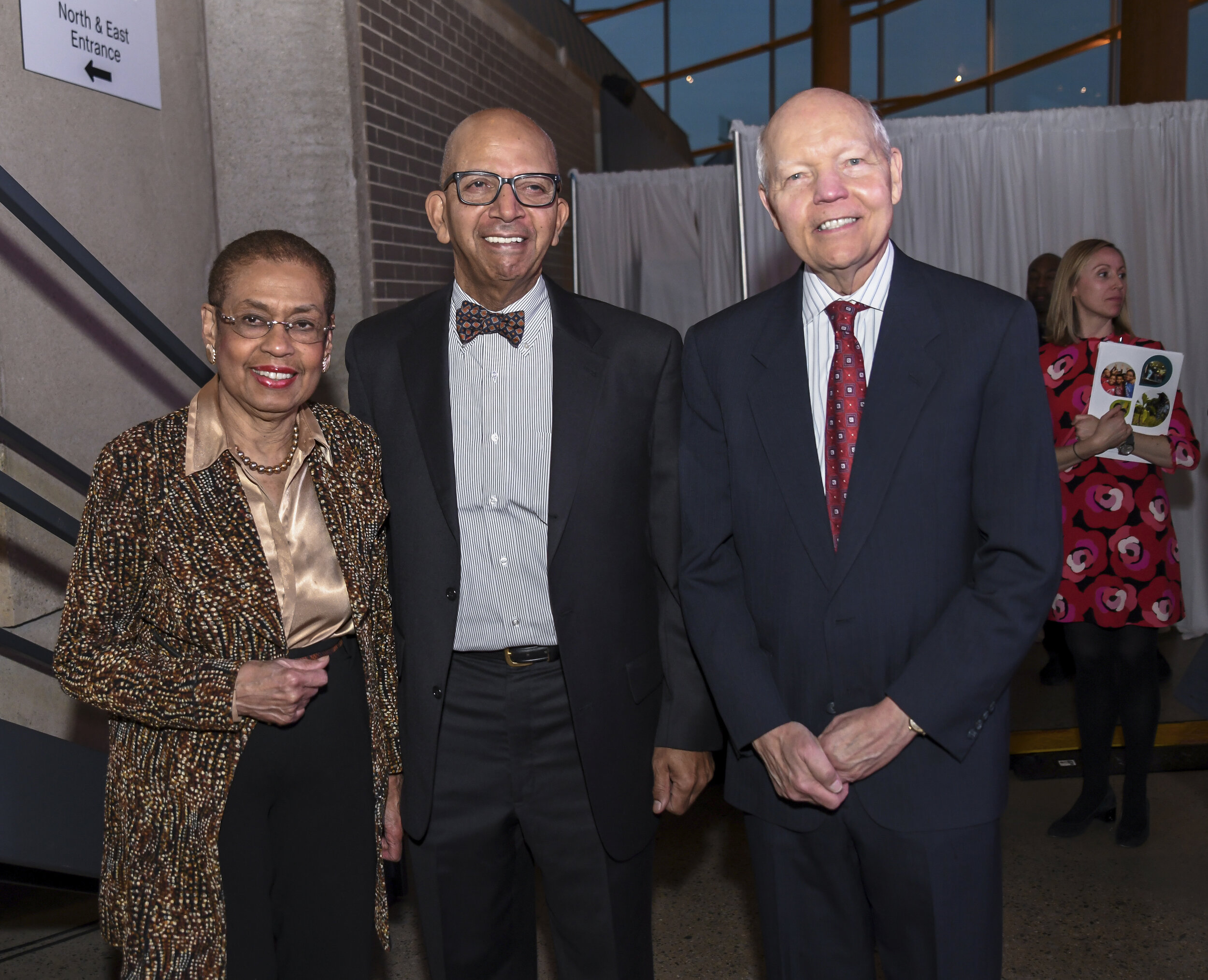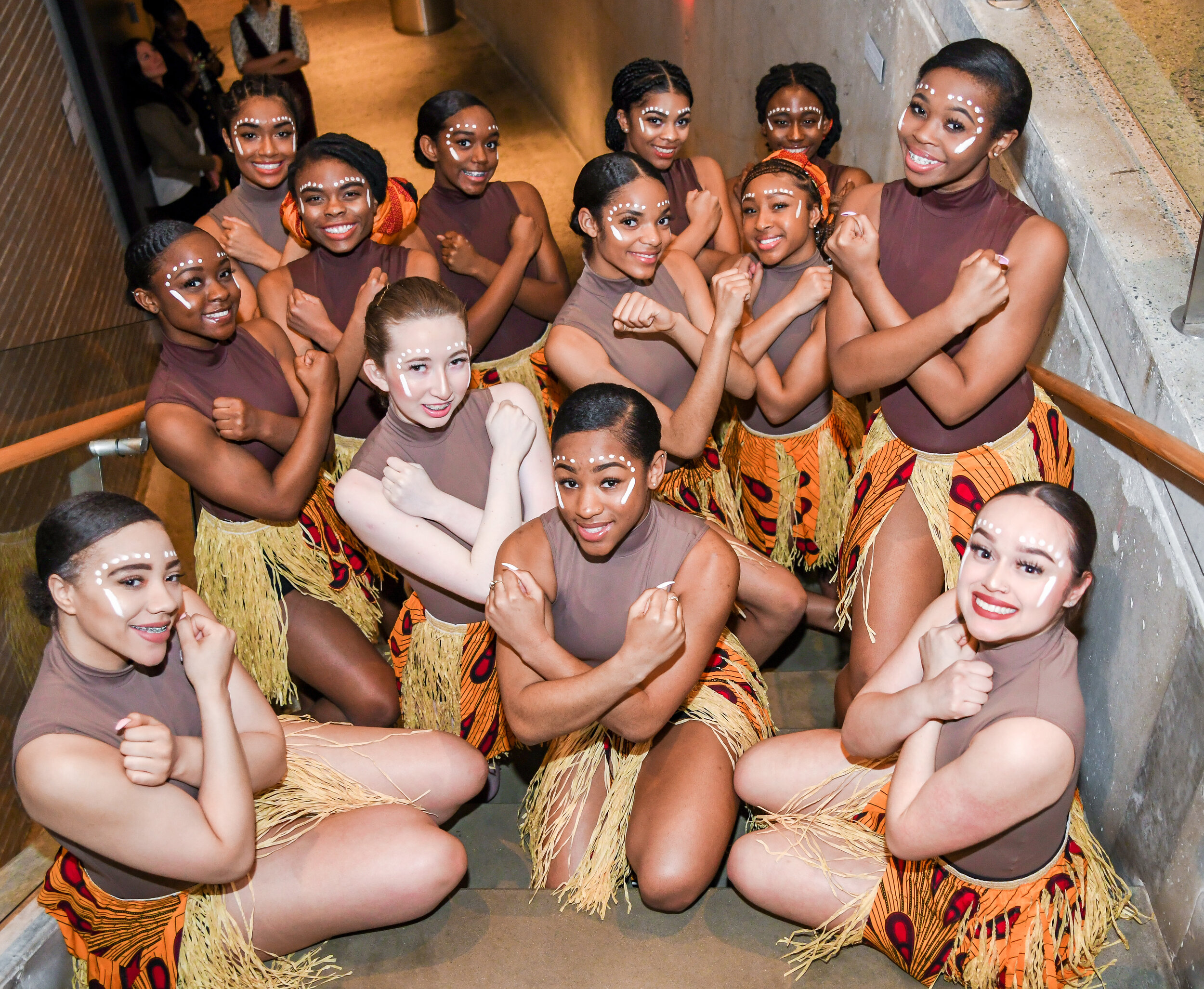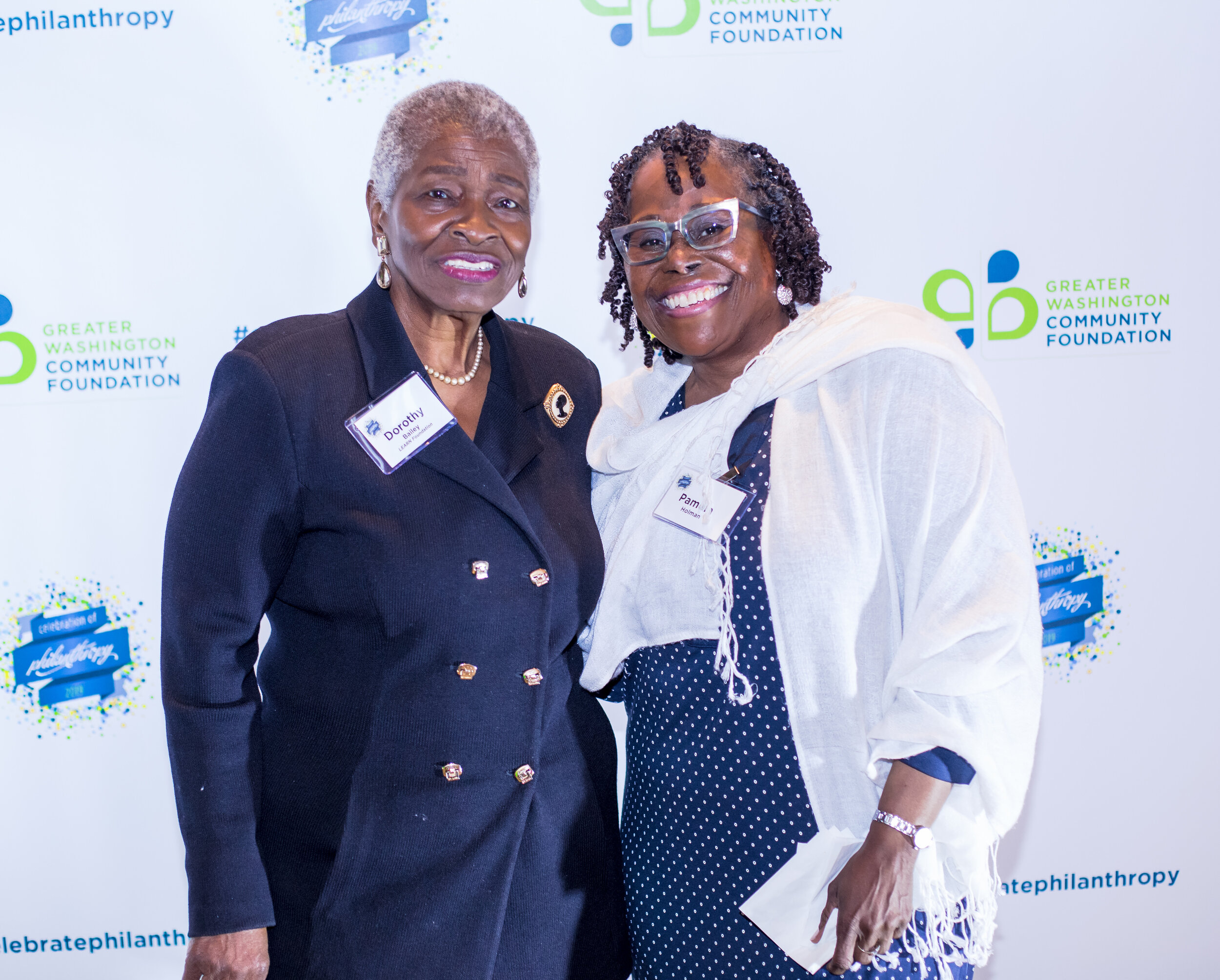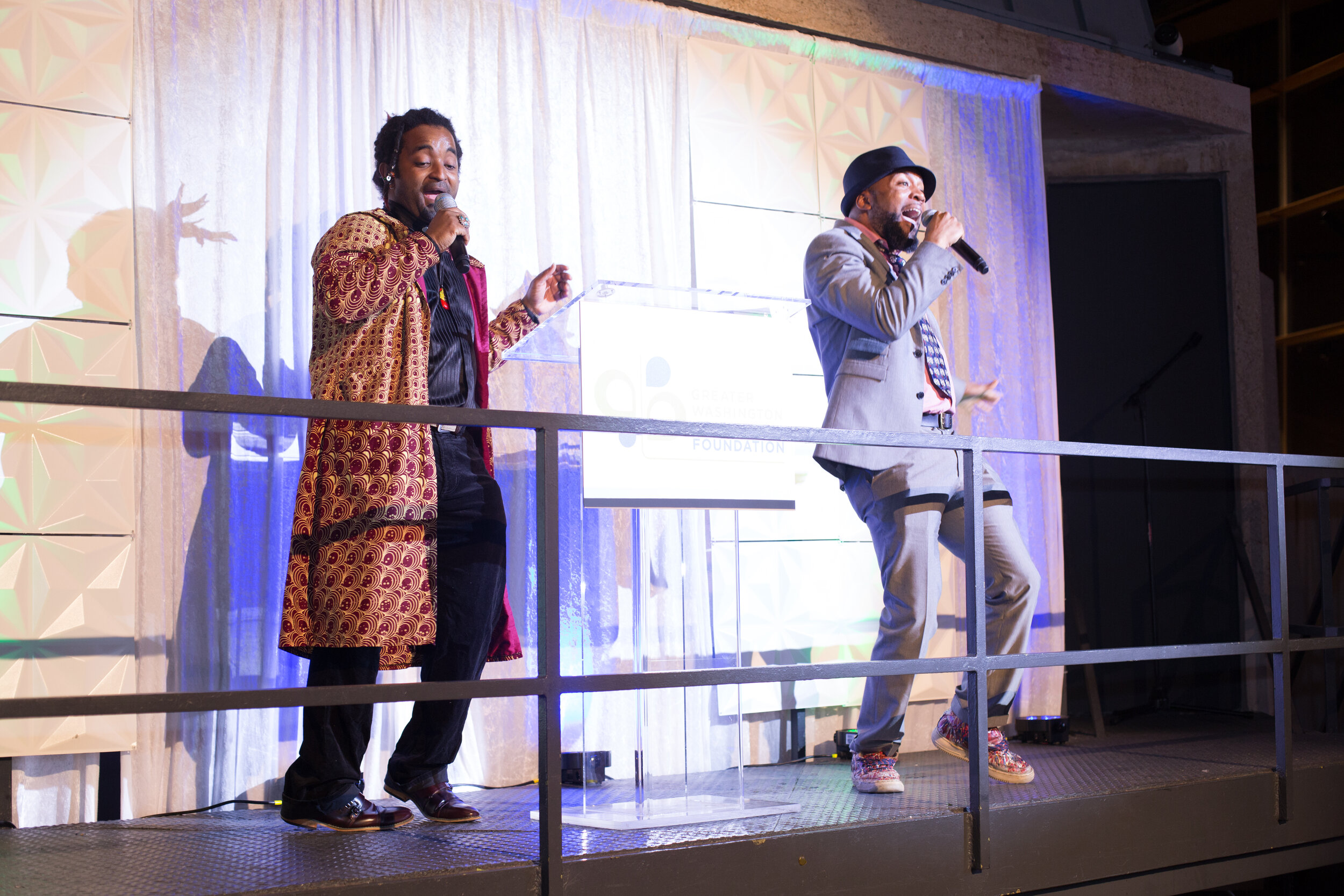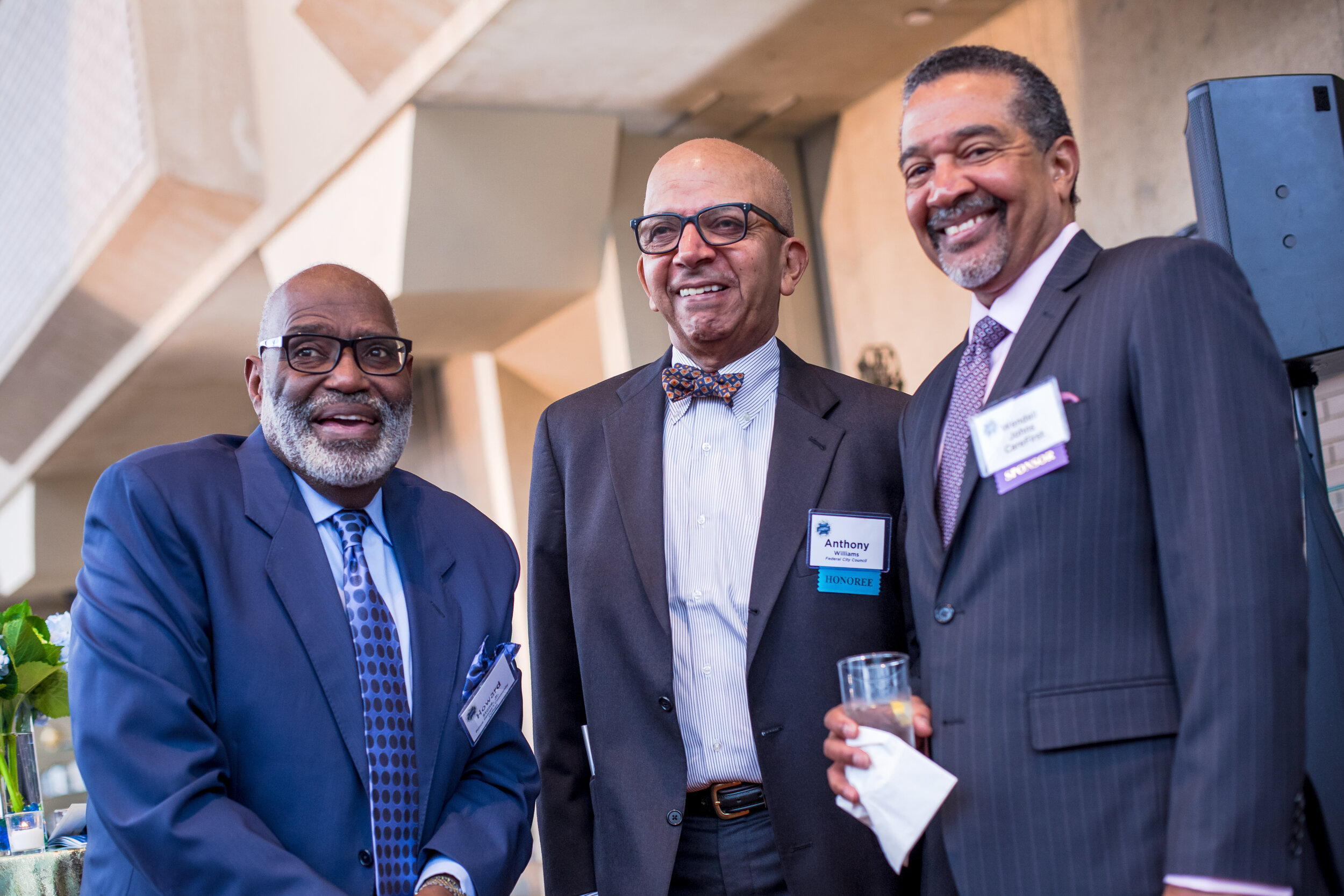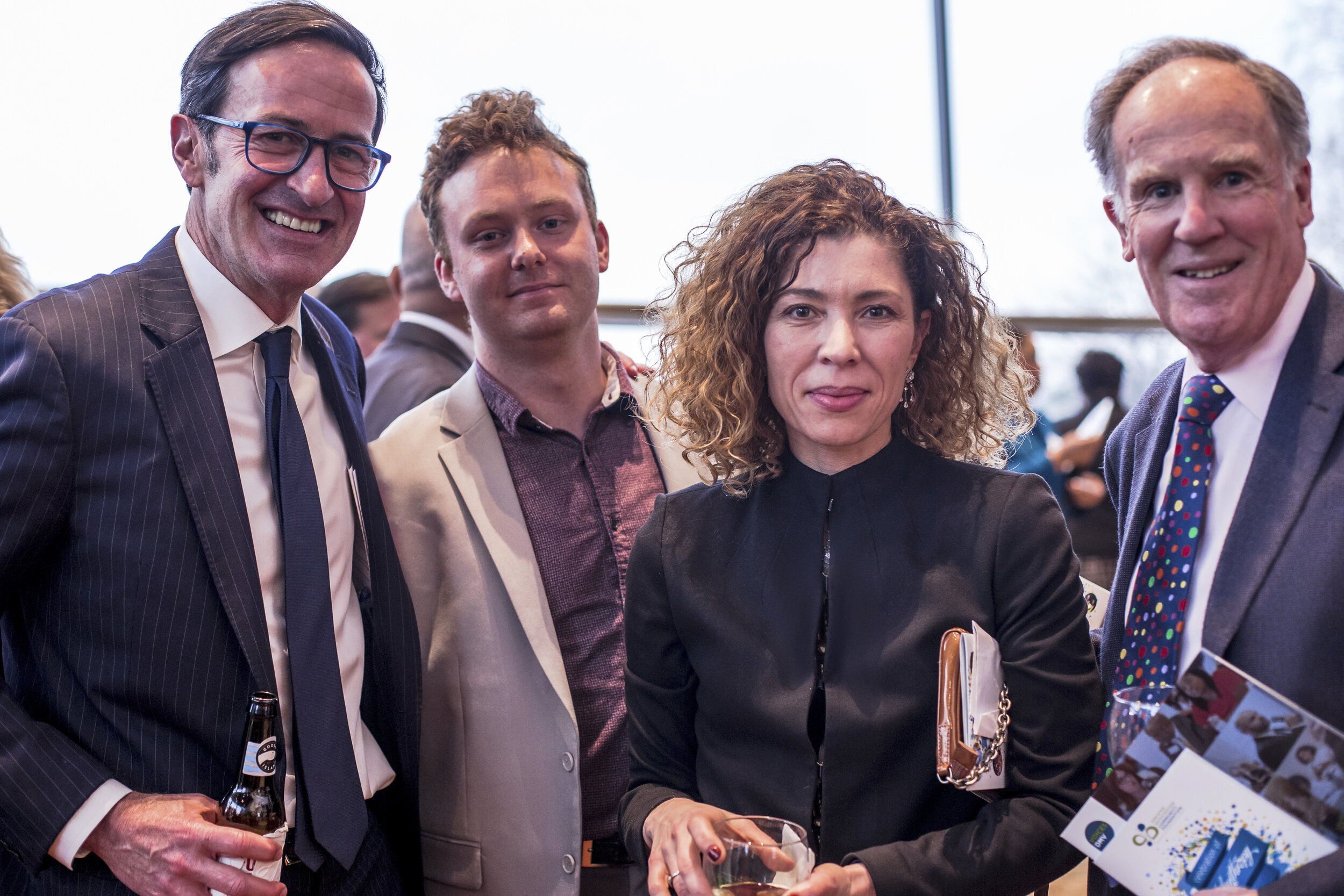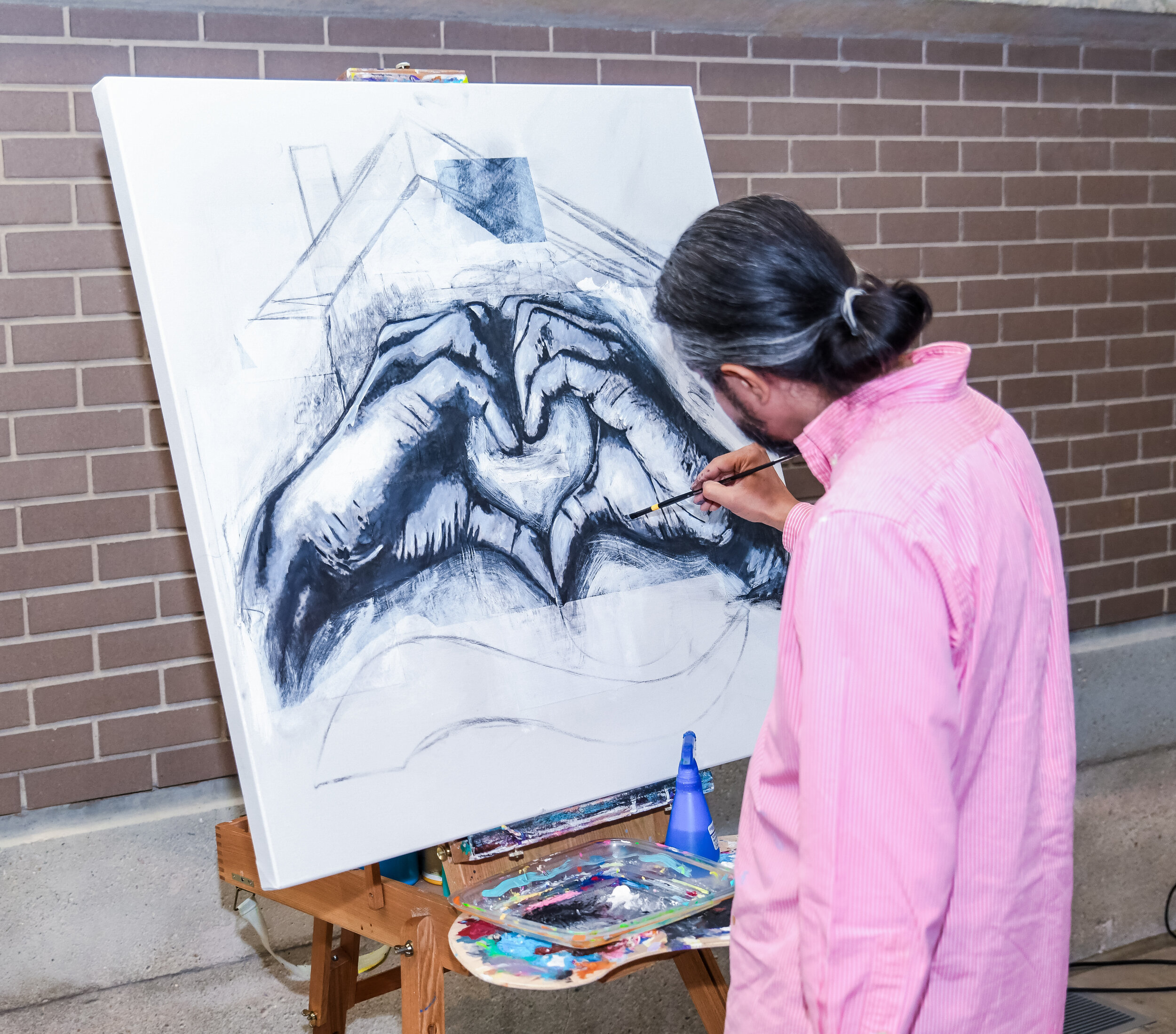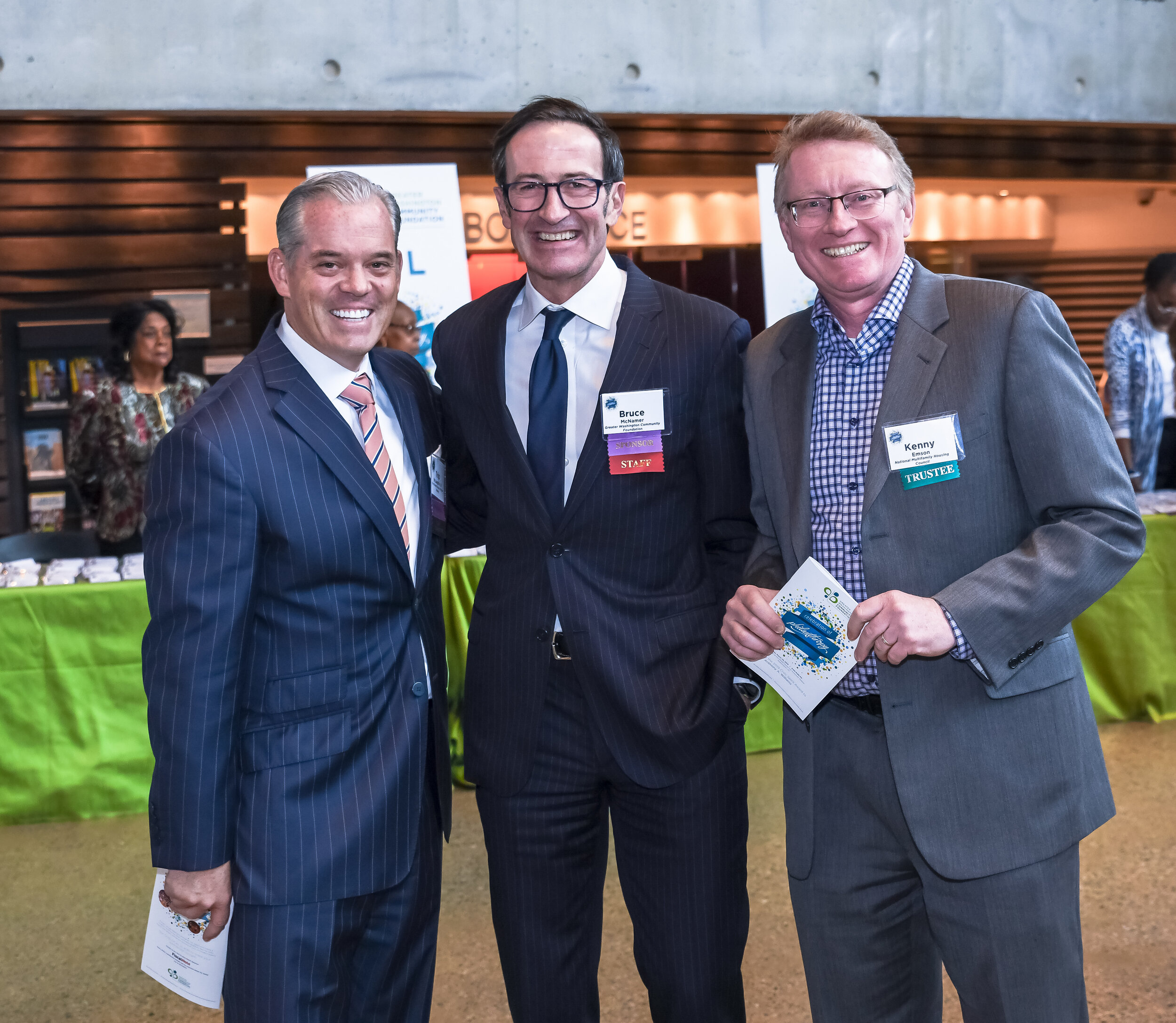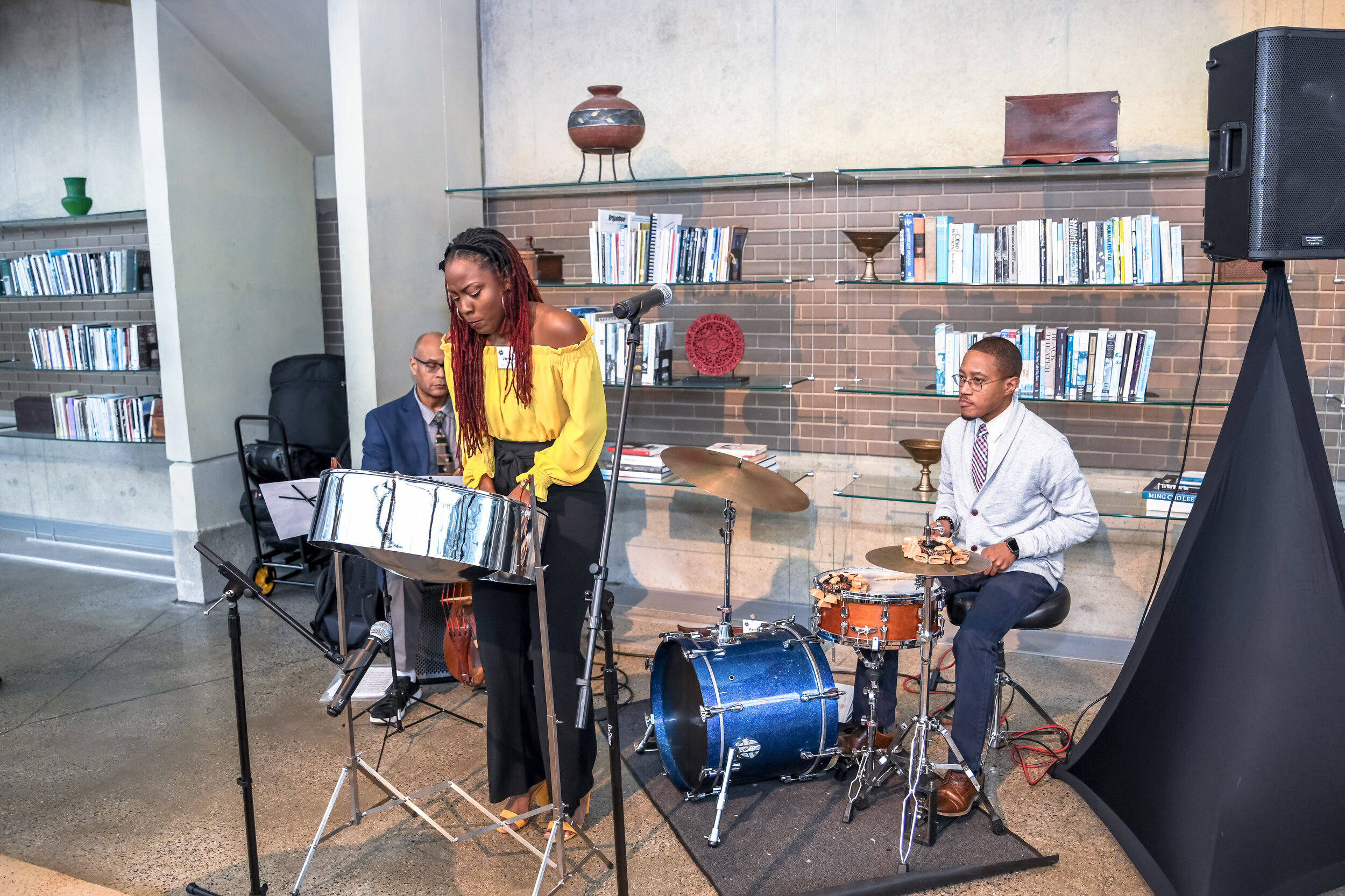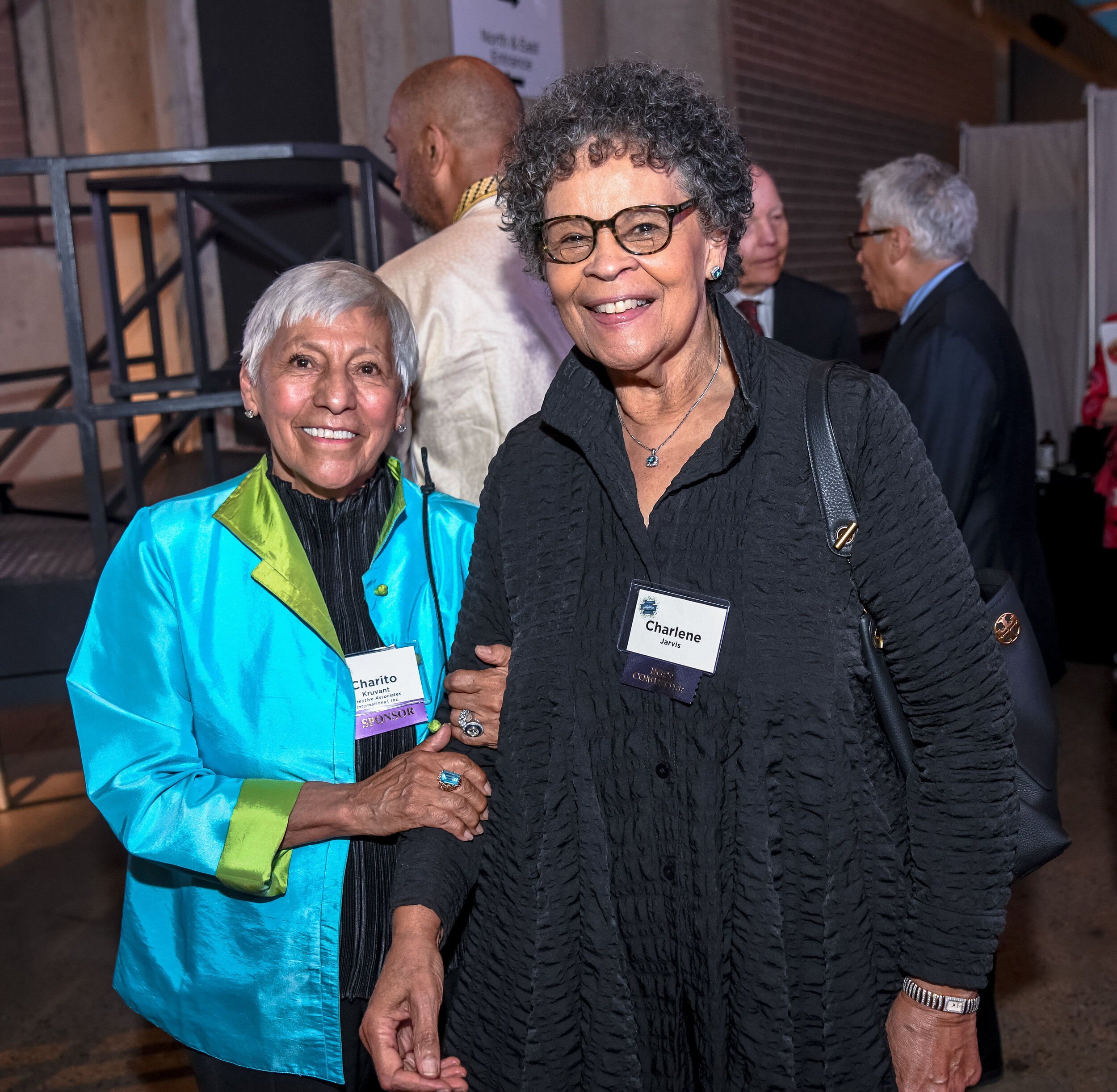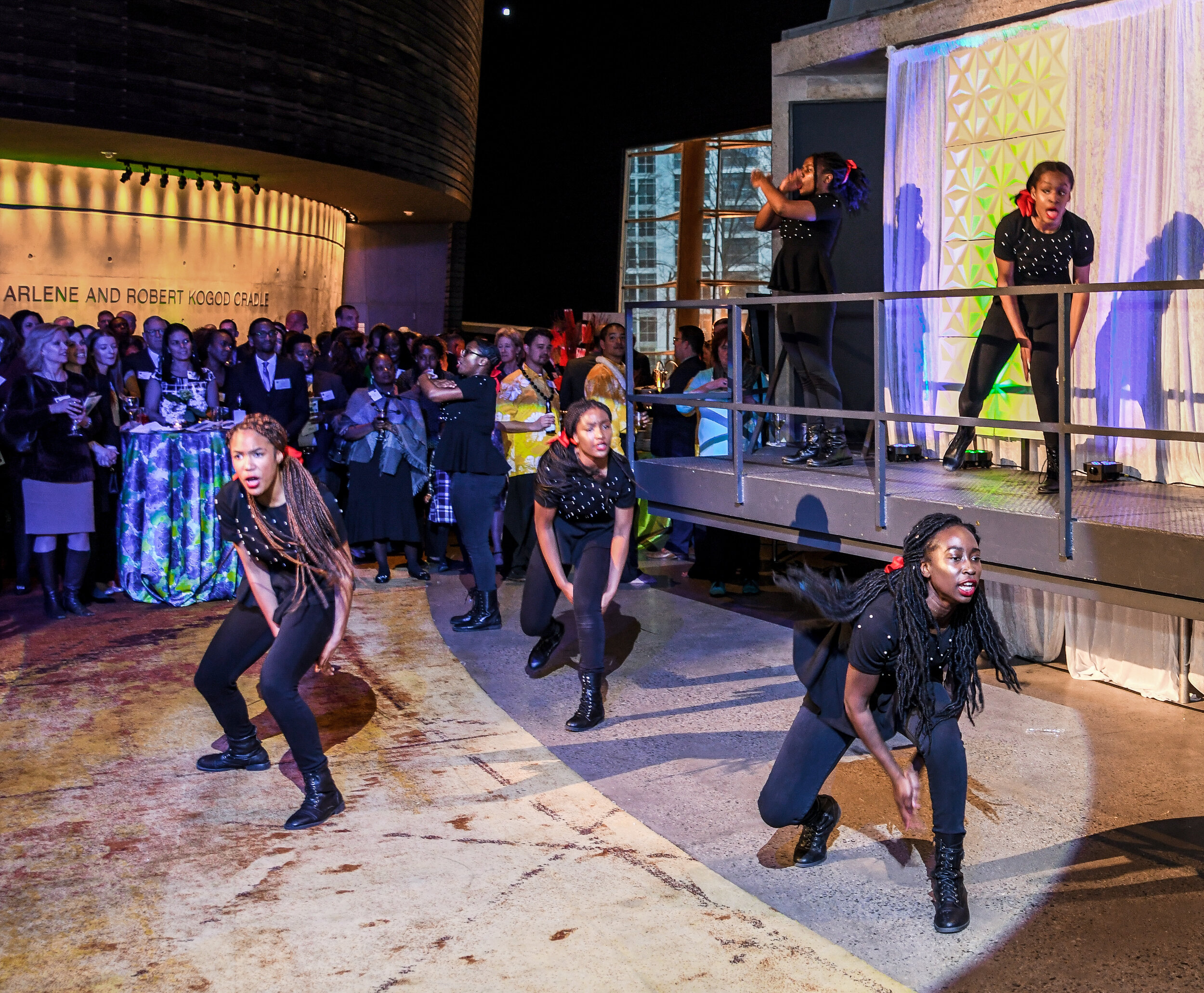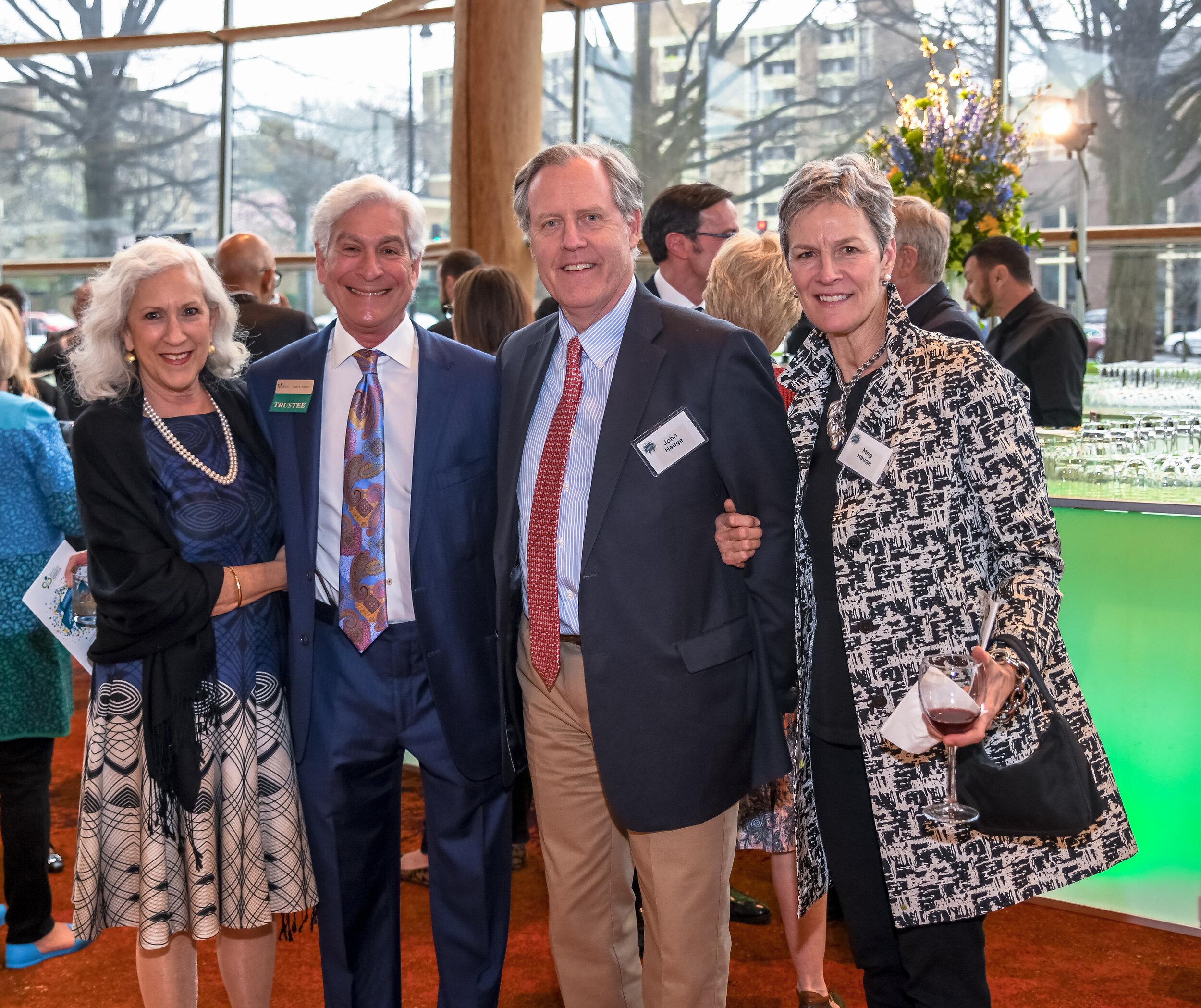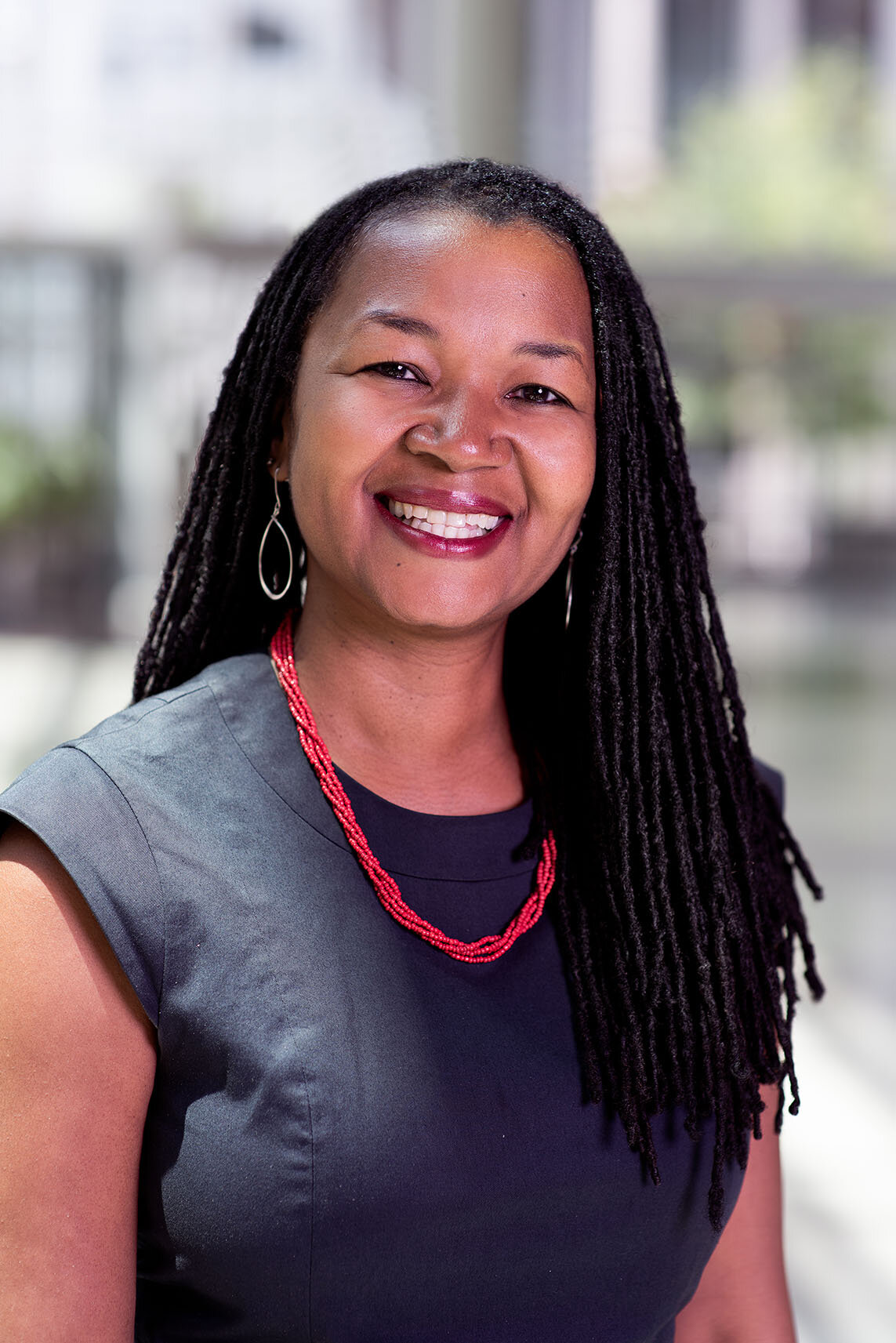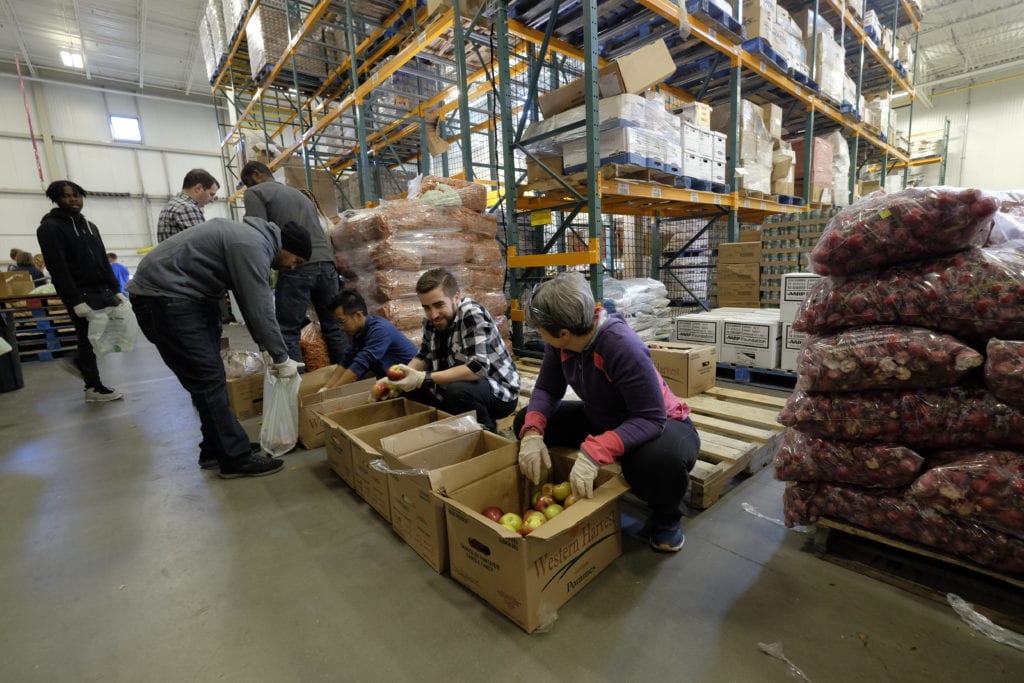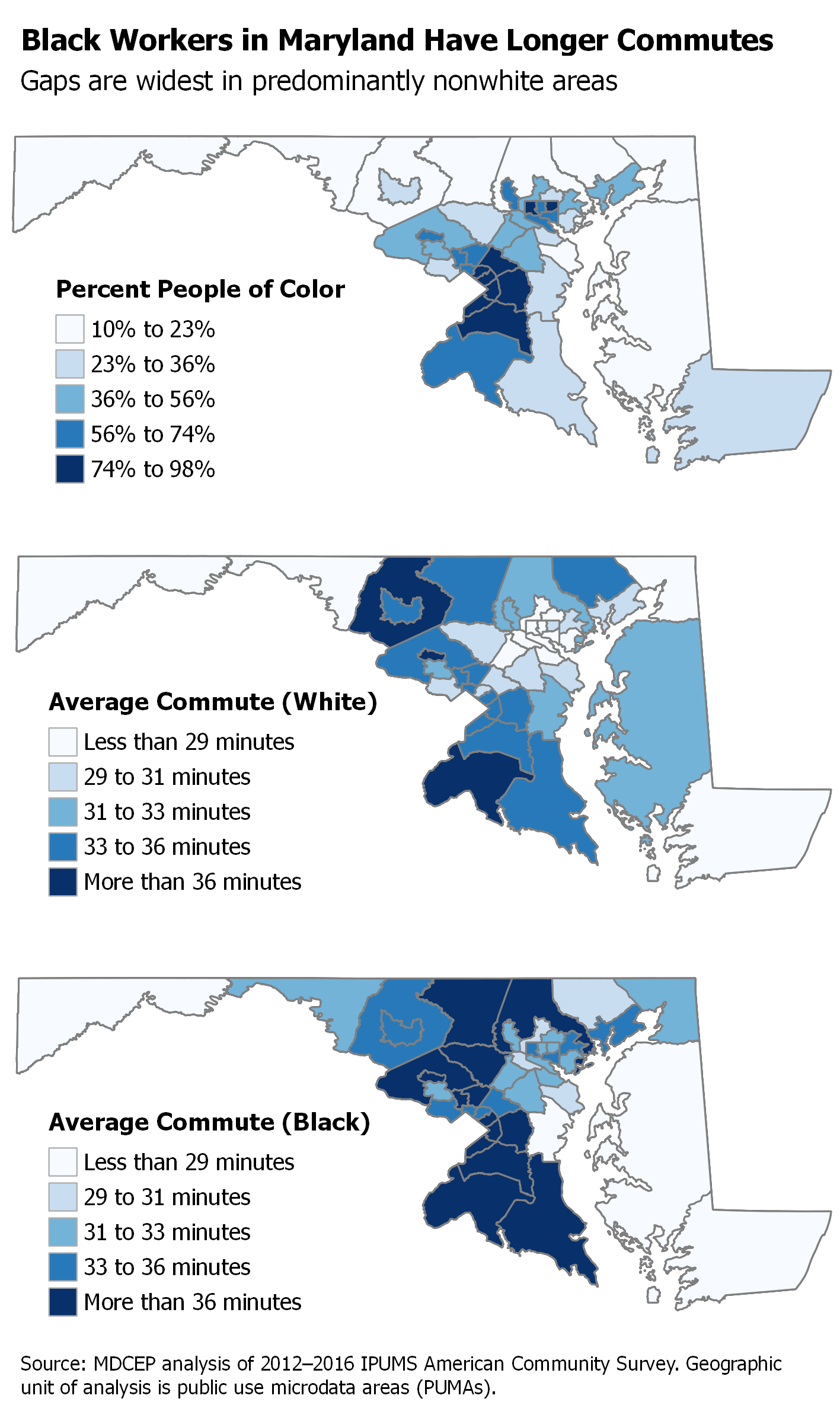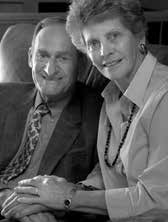When Andrew Isen first came to the Greater Washington Community Foundation in 2018 to establish the Andrew A. Isen Foundation, he was looking for ways to give back to the community through philanthropy that aligned with his passions. Making a difference in the lives of youth through musical theater is one of those passions.
Through his foundation, Andrew worked in partnership with the American Society of Composers, Authors, and Publishers Foundation (ASCAP) to create The Andrew A. Isen Musical Theater Songwriting Workshop. The ASCAP Foundation is dedicated to nurturing the music talent of tomorrow, preserving the legacy of the past and sustaining the creative incentive for today's creators through a variety of educational, professional, and humanitarian programs and activities which serve the entire music community. The workshop program was established at the Duke Ellington School of the Arts in the District and includes intensive master classes on songwriting for 15 Duke Ellington theater students to study the art and craft of musical theater songwriting and to begin the process of creating their own material. The workshop is directed by accomplished songwriters and offers students the opportunity to create and copyright their original songs. The first group of students worked with an arranger to prepare the songs for a special performance that took place at the Kennedy Center Millennium Stage in October.
For the fifteen young people who put on an amazing show at the Kennedy Center, Andrew’s giving has helped to unlock their potential and given them an opportunity to learn more about their own passion for the arts. What’s more, the program will continue to offer new students the same opportunity. You can watch a recording of their performance on the Kennedy Center’s website HERE.
“Funding this musical theater writing workshop was one of the highlights of my life. Watching and listening to this group of young people, literally rapt in learning from a Broadway composer was beyond rewarding. I’m so pleased that through this gift, this senior theater class at the Duke Ellington School had this opportunity which many of the students stated was life changing. I encourage others to explore and fund their passions and glean a similar donor reward.”
“This program has been a total gift from day one… I absolutely loved every second of working with these students and am beyond proud.”
At a time when school systems are losing arts and theater programs at a rapid pace, support from donors can help provide critically needed services to ensure that young people learn more effectively and are creatively enriched. The National Assembly of State Arts Agencies has found that funding for the arts in schools has declined by 43.4%, adjusted for inflation, since 1965. Gifts like Andrew’s are helping to enable students to participate in arts education despite these cuts, as well as reap the benefits of arts instruction which is associated with lower suspension rates and increased college admissions and completion rates.
Many of The Community Foundation’s donors, like Andrew, are helping to Build Thriving Communities through support for our region’s arts and cultural community. We love to work with donors who are looking to not only to give back, but for opportunities to roll up their sleeves and think creatively about how they can contribute their time, energy, and passion in addition to funding.
If you would like to learn more about how The Community Foundation can help you pursue your passions and achieve your philanthropic goals, please contact Rebecca Rothey at [email protected].





